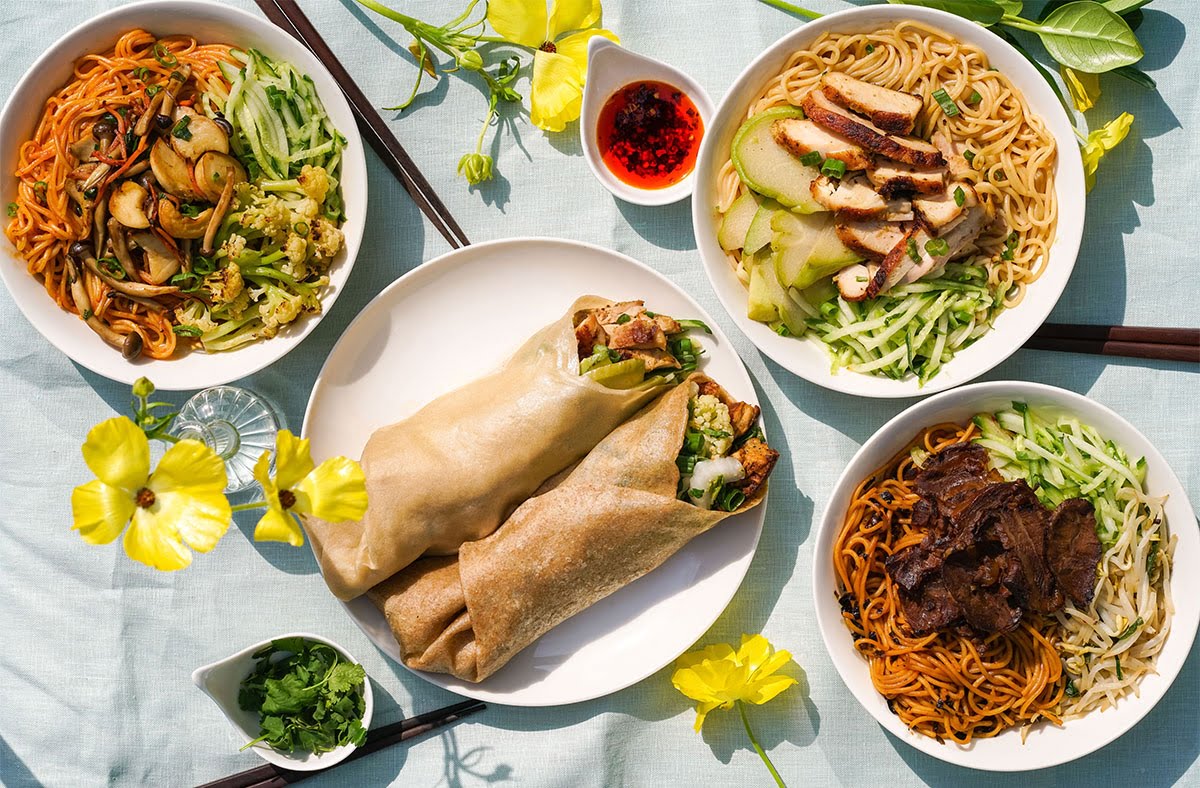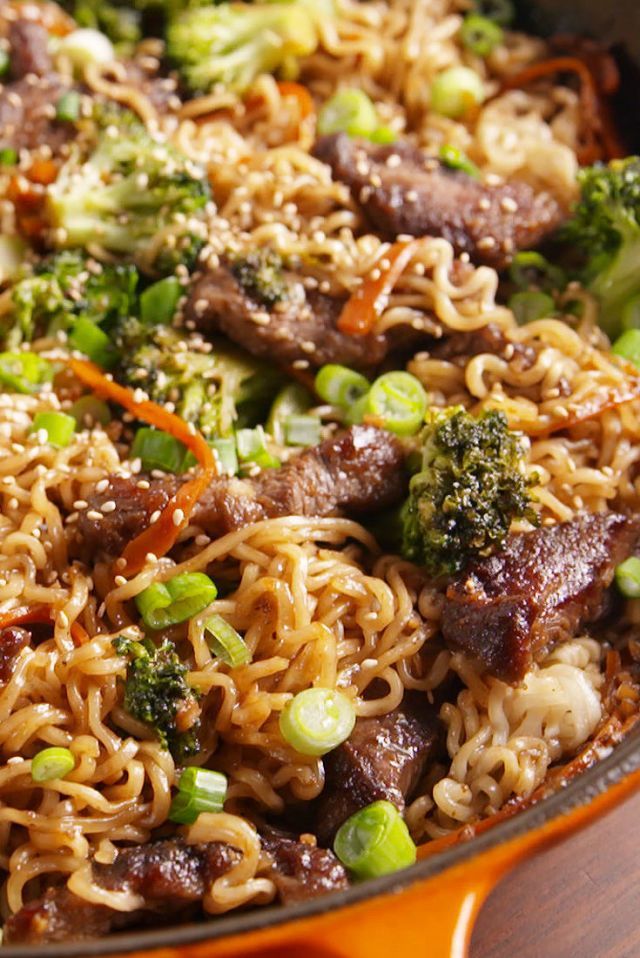A few weeks again, I ordered lunch at a seafood joint in Alexandria, Virginia, after I spied a mainly named appetizer, “bang-bang” shrimp. As a pupil of Chinese cooking, I recognized the name, so I gave it an attempt. What appeared numerous mins later had been deep-fried prawns tossed in a creamy combination of garlic, ginger, floor chilies, and mayonnaise. Sure, the call of this increasingly famous dish evokes an extraordinary ode to explosive Asian heat; however, Chinese cooks would be confounded irrespective of how delicious the snack can be. Deep-fried? Mayonnaise? Spicy? Heck, in China, no matter its fiery name,
“bang-bang” does not even talk over with flavor! Sometimes a Chinese dish is known for its evocative appearance (“lion’s head” meatballs), at times for beautiful folklore (“barbarian head” buns), and in some fantastic examples, for the sound made while the meals are being organized. Bang bang hen’s name derives from the age-antique noise smacking a whole cooked hen, breaking it into serving quantities, wherein a kitchen cleaver wouldn’t reduce it (evenly). Chicken is broken up in a style that is certainly bang bang, with or without a dressing. Over the centuries, however, the mythical name has come to mean the fully dressed masterpiece with a signature sauce.

Traditionally, the five flavors in Chinese cooking are salty, bitter, sweet, spicy, and sour. An unmarried meal has to gift a balance of these factors; it’s excellent, while a single sauce embraces all five and in a humble street snack. Today, wherein maximum bang bang chicken providers promote from name-logo stalls at morning markets, their history runs deep. Ingenious Southwestern chefs throughout the Ming Dynasty struck alchemy: poached hen and a combination of soy sauce, sugar, vinegar, chili oil, Sichuan peppercorn, and sesame paste. Virtually every current bang bang seller has a unique twist on the formulation, but the components and normal impact remain. (If you’re questioning, it’s quite different from Laotian bang bang sauce, which doesn’t include a creamy element.)
When I started my China wandering in the Nineties, I loved more than my fill of devilishly spicy Sichuan specialties. But the first time I tried a nicely dressed bang bang chicken, it was as though my palate had abruptly graduated from grammar school, skipped excessive faculty, and now enlisted in Sichuan University.
My understanding of Sichuan delicacies moved from the concept of the stereotypical incendiary fare to the appreciation of it as a wealthy and complex delicacy that so befell to now and then burned the tongue from your mouth. There is hardly every other Chinese sauce that evokes such perfection: spicy, however not burning; sweet, however no longer sentimental; bitter, however now not disarming; sour but not puckering; salty but no longer oceanic. A decade later, while backpacking around Sichuan Province,
I discovered my manner at Dave’s Oasis, a foreigner’s haven within the heart of the capital, Chengdu. The owner, Dave Fan, became a wide-ranging resource for the lost. If you wish for an entry permit for Tibet, guidelines on navigating the pre-cellphone urban jungle, or just an ice-cold Snow beer, Fan becomes your man, and his Oasis become your oasis. On an average day, well before fusion was an element, Fan would be whipping up map tofu pizza, cheeseburger fried rice, or my favored grilled bang fowl. The fan was born and raised in Chengdu; however, grilling the beef could be seen as sinful in Chinese gastronomy, where retaining the person of a man or woman factor is sacrosanct, and poaching or steaming fowl is the ultimate preservation. Though examples abound of grilled snacks inside the Chinese road meals playbook, overlaying the flavor of expertly charred meat with something more than a dry dusting of spice or chili oil is properly outside the norm.
And, within the case of Fan’s bang-bang bird, genius. As Fan said, “Every delicacy has its strengths. We can examine a lot by teaming them up!” I’m certain Fan changed into experimenting at the grill that day. However, it left an indelible mark on my thoughts and my palate. Most of my barbeque slatherings from cookouts beyond sang an unmarried note of sweet, bitter, or spicy with perhaps a chunk of overlap. Bang bang sauce changes the song by using bringing alongside sour and salty for the best harmony. And frankly, the origin tale gives a remarkable story the following time you’ve got parents over for an outdoor shindig. By the way, in case you’re going to name it bang bang, at the least, make sure to present the chook with a terrific pounding. Have to make some noise.

